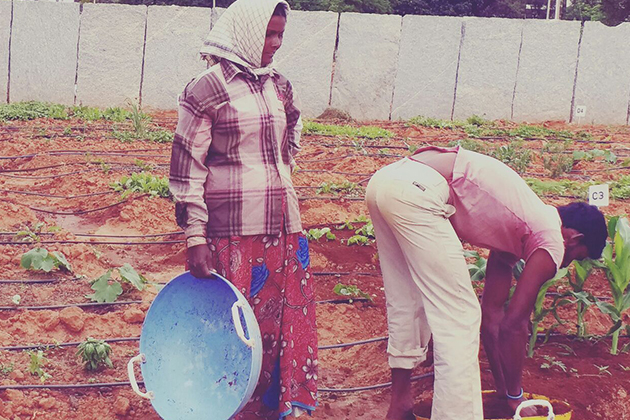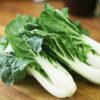.When we speak of organic farming, we need to realize it’s not just a fad. It’s something super serious and the future of farming and agriculture completely depends on it. Therefore it is important to know the real facts about it.
The article will help you get a clearer picture of what organic farming is.
Origin Of Organic Farming?
Organic farming is not something that has come out of the blue. It has been ingrained in our food system since ancient times. It just got repressed by the techniques of modern farming.
The ways of Organic farming are friendly towards nature and pave a way towards a sustainable ecosystem. In this method, the land is cultivated and the crops are raised in a way that keeps the soil healthy. This is done by ensuring that only organic wastes(such as crop, animal and farm wastes, aquatic wastes ) are used for supplementing the plant growth.
Nutrients such as bio-fertilizers along with beneficial microbes to plants are provided in this method of farming. This renders a sustainable crop production in an eco-friendly and pollution friendly environment.
Research says
According to the study by United States Department Of Agriculture (USDA), organic farming is a system that largely shuns the utilization of synthetic inputs such as pesticides, fertilizers, feed additives etc. It relies majorly on crop rotations, crop residues, animal manures, off-farm organic waste, mineral grade rock additives and biological system of nutrient mobilization and plant protection.
The ill-effects of Green Revolution are felt till date and this has led to the wide acceptance of organic farming. The Green Revolution did bring about a technological breakthrough leading to short-duration, high yielding varieties, chemicals, and pesticides. It was viewed as a boon for farming and agriculture at the point in time. What it lacked was a long-term vision.
These “quick” methods carried a lot of problems with them such as health-related diseases like cancer, pollution, degradation of soil and water, and the impact on domestic animals.Malwa region of Punjab was tagged as the “cancer belt”in the recent times. The abnormal surge in cancer cases has been closely linked to the excesuseusage of chemicals by the farmers.
In its fifth National Report on Desertification, Land Degradation and Drought published in 2015, the government has conceded that land degradation is a serious problem in India. The report showed that 1/3rd of India’s oil was degraded. It also showcased that 25 % of the land is facing desertification, which has affected its productivity and food security of millions.
The Need For Organic Farming
In the current scenario with the boom in population, stabilizing agricultural production and increasing it in a sustainable fashion is a pressing need. The natural balance has been haywire post the green revolution.
The after-effects have led to the loss of life and property. Only organic farming is capable of restoring the natural balance.
Benefits Of Organic Farming
- Secures the health and fertility of soil by maintaining levels of organic matter.
- Also, supports the biological activity of soil with careful mechanical intervention
- Provides crop nutrients indirectly using relatively insoluble nutrient sources which are made available to the plant by the action of soil micro-organisms
- Also renders nitrogen self-sufficiency through the use of legumes and biological nitrogen fixation.
- Controls weed growth, crop diseases, and pests by relying primarily on crop rotations, natural predators, diversity, organic manuring, resistant varieties and limited (preferably minimal) thermal, biological and chemical intervention
- Leads to an extensive management of livestock, paying full regard to their evolutionary adaptations, behavioral needs, and animal welfare issues with respect to nutrition, housing, health, breeding and rearing
Thus, we want to conclude by saying that we as Farmizens firmly believe in the concept of Organic farming. Thus,we practice it with dedication and passion. Our sole aim is to replenish the food cycle with the healthiest and freshest of food. We plan to achieve this by conserving our environment and preserving our natural ecosystem.



3 Comments